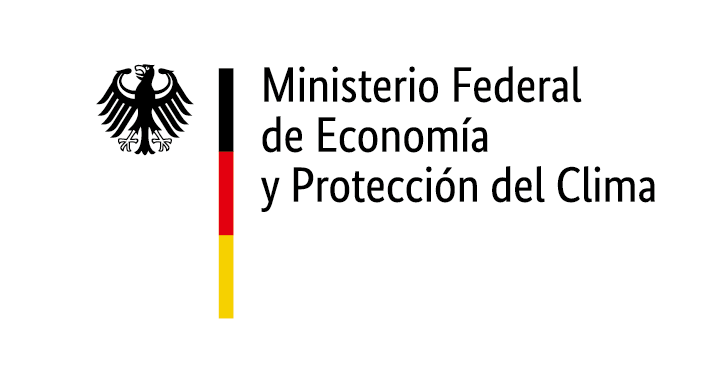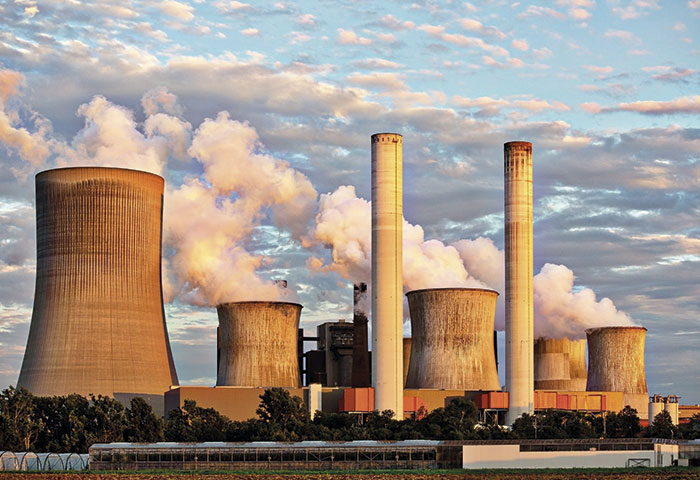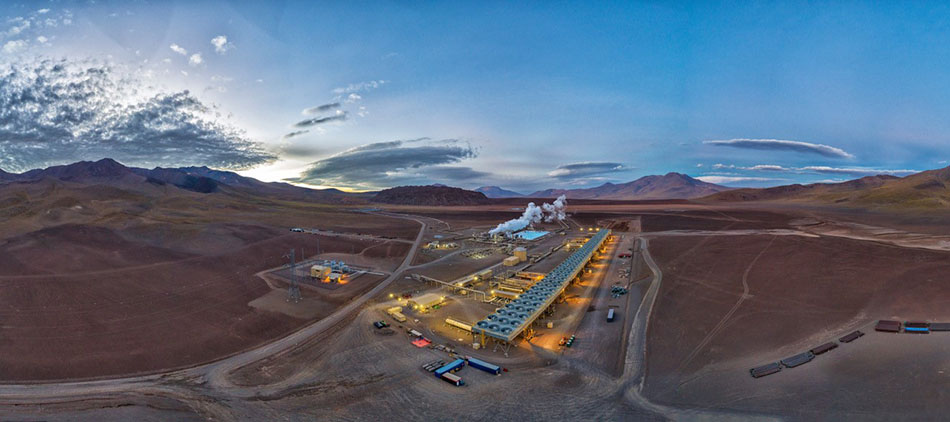Project:
Descarbonization of the energetic sector in Chile
Principal:
German Federal Ministry for the Environment, Nature Conservation and Nuclear Safety (BMU)
Contry:
Chile
Partner:
Chilean Ministry of Energy
Ministry of the Environment
Duration:
June 2019-June2022
Context and background
In recent years, Chilean economic growth has led to a steady increase in the country’s energy requirements. To guarantee sufficient energy supply following the Argentinian natural gas shortage crisis in 2005, new coal-powered thermal plants were constructed. However, the effects on the climate can still be seen today: the entire Chilean energy sector is responsible for 78% of the country’s emissions, 32% of which is accounted for by electricity generation alone. Currently, around 50% of the electrical energy required is generated from fossil fuels such as coal, natural gas and diesel.
On the other hand, Chile has the potential to offer more than 1,800 GW in renewable energy. Chile has been regarded as the “El Dorado for Renewable Energy” and the “Solar Saudi Arabia” for its recent developments in creating sustainable energy for over 46% of the country’s electrical usage. In 2019, the total generation capacity of renewable energy sources including, hydropower, solar, wind, geothermal and biomass resulted in 11 GW of power, which means that at least 46% of the Chilean electricity is generated sustainably. In light of this development, the Chilean government announced in 2019 that Chile would be CO2 neutral by 2050.
These ambitions are underlined by the intended complete coal-exit. In order to best achieve a complete coal exit, a coal commission was founded in 2018 wherein GIZ was represented. This commission developed recommended actions for the government and evaluated various exit strategies.
The necessary restructuring of power generation has wide-ranging implications in several areas. On the one hand, the integration of more variable renewable energies like wind and solar into the existing power grid must be further promoted. On the other hand, there are problems with social acceptance for large wind and photovoltaic plants among the population, which need to be identified and overcome.





